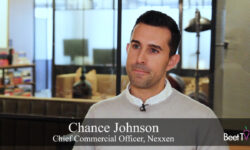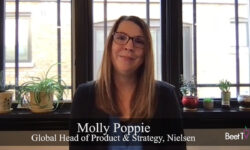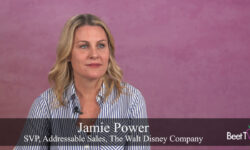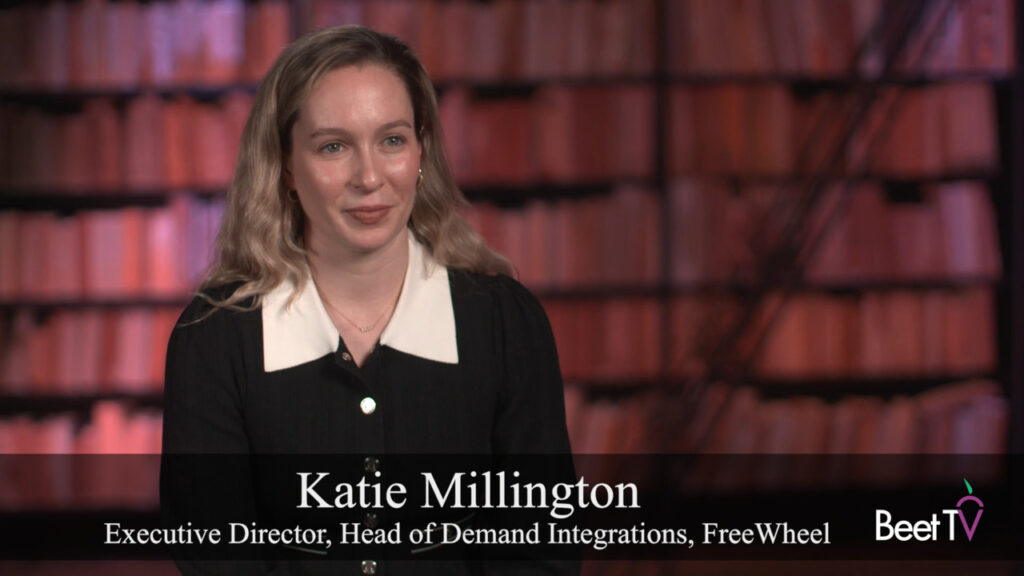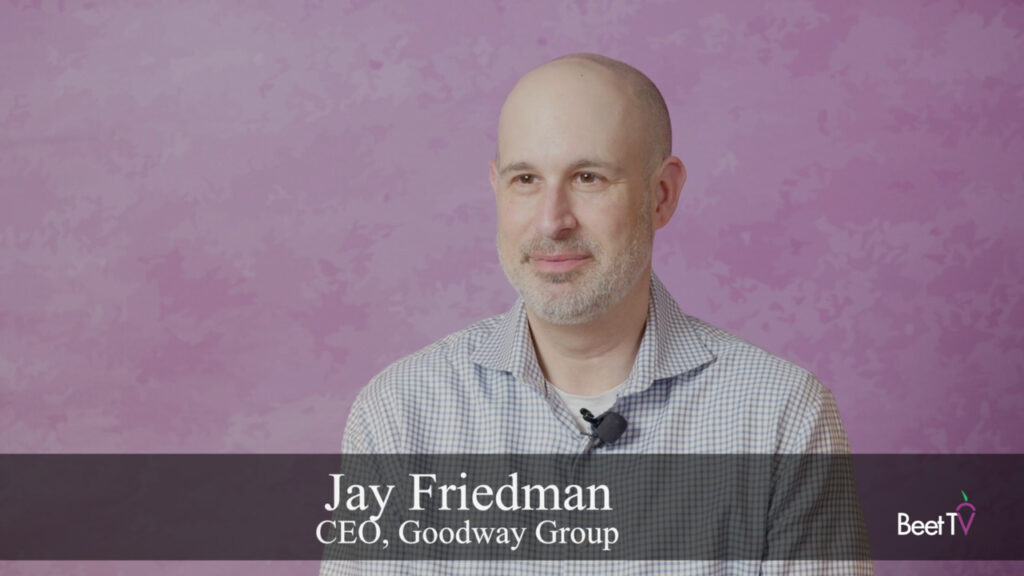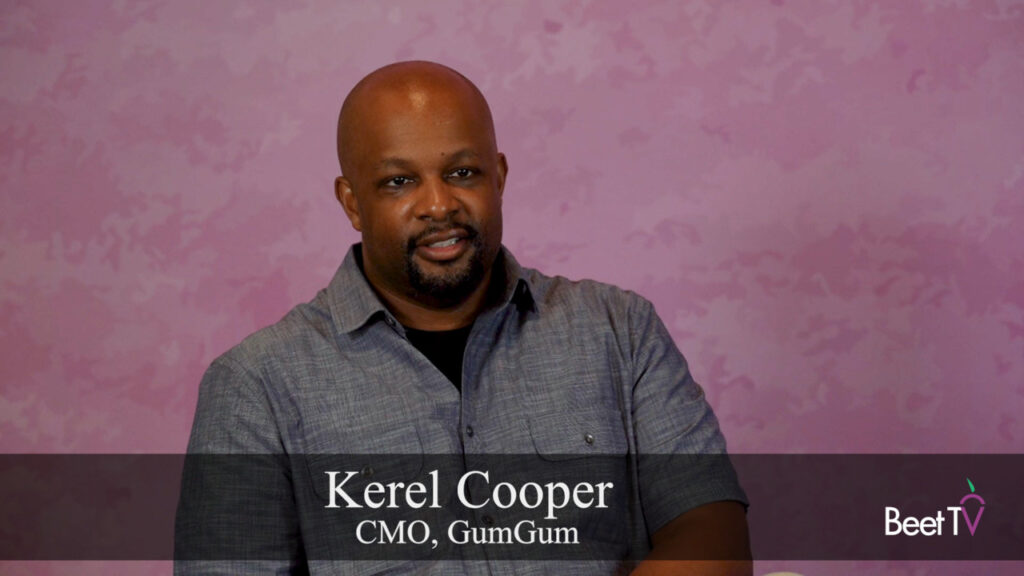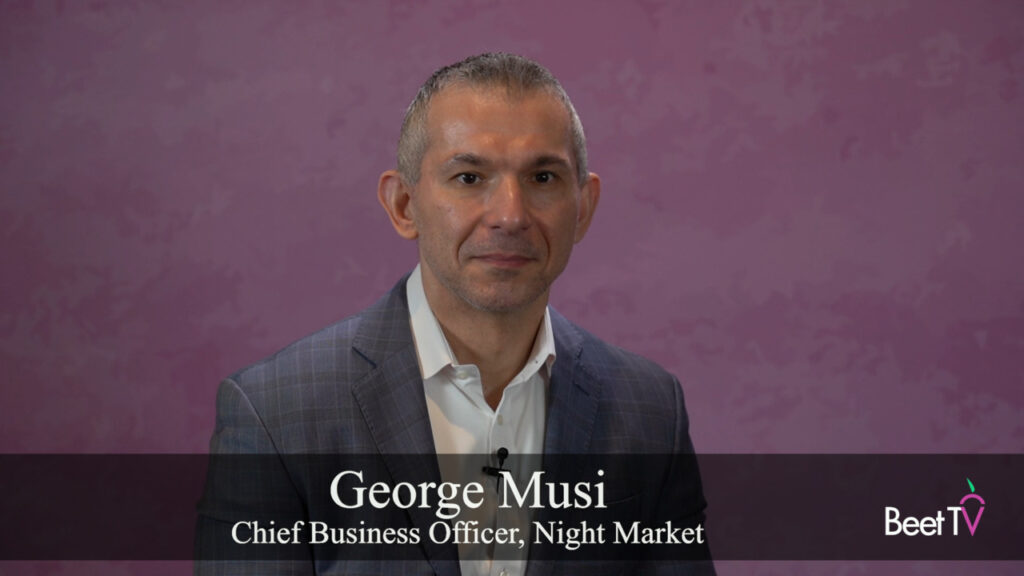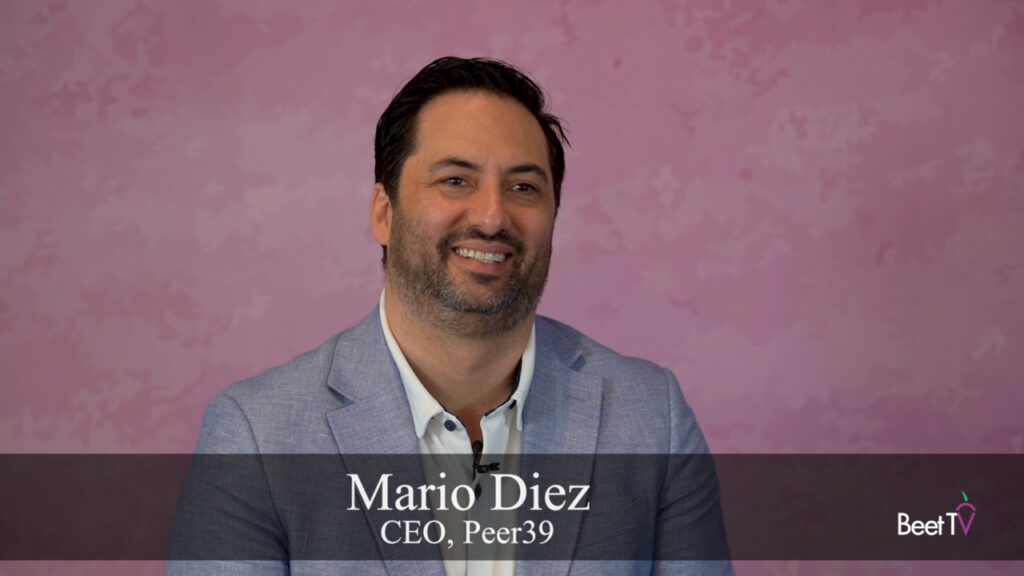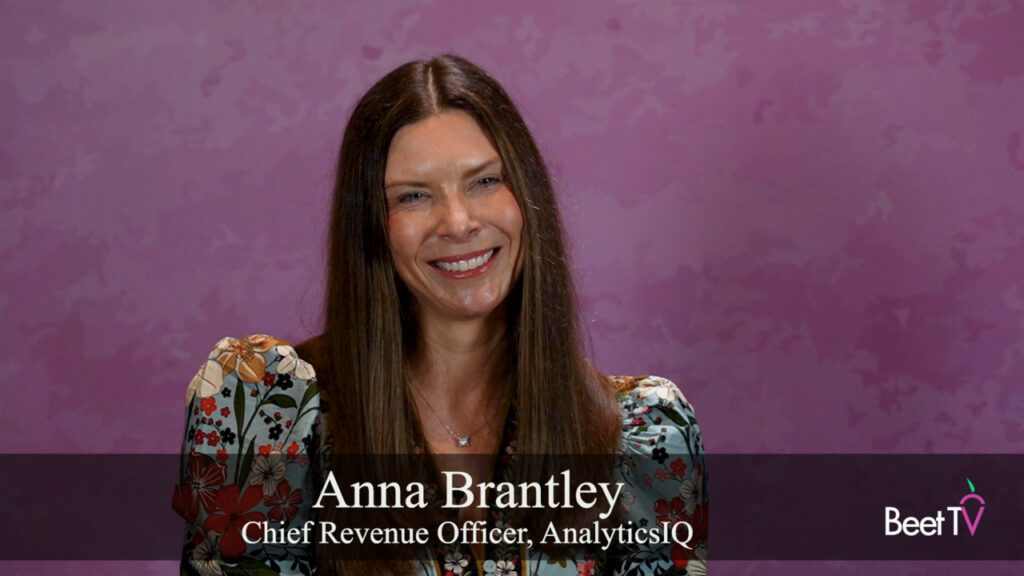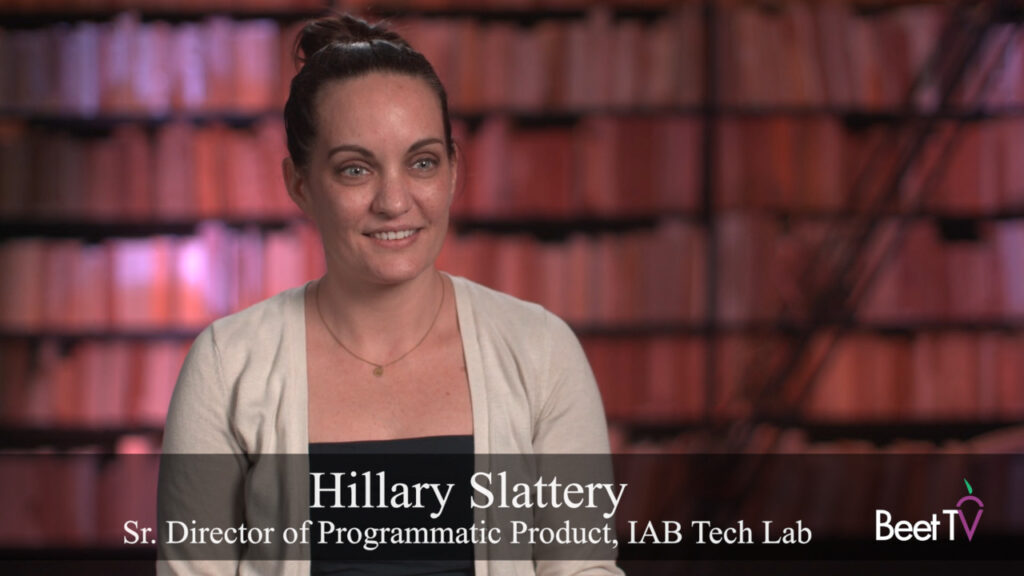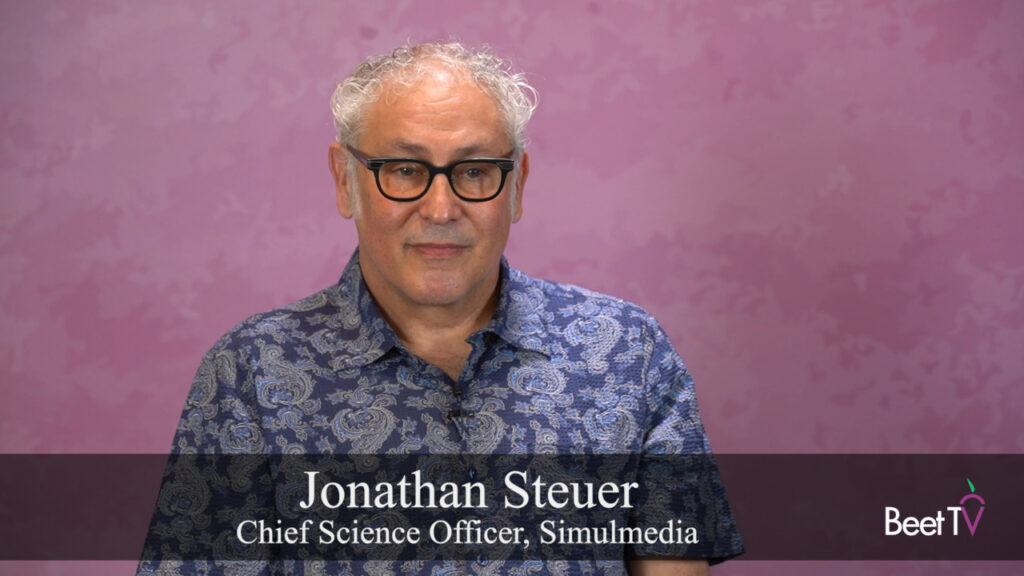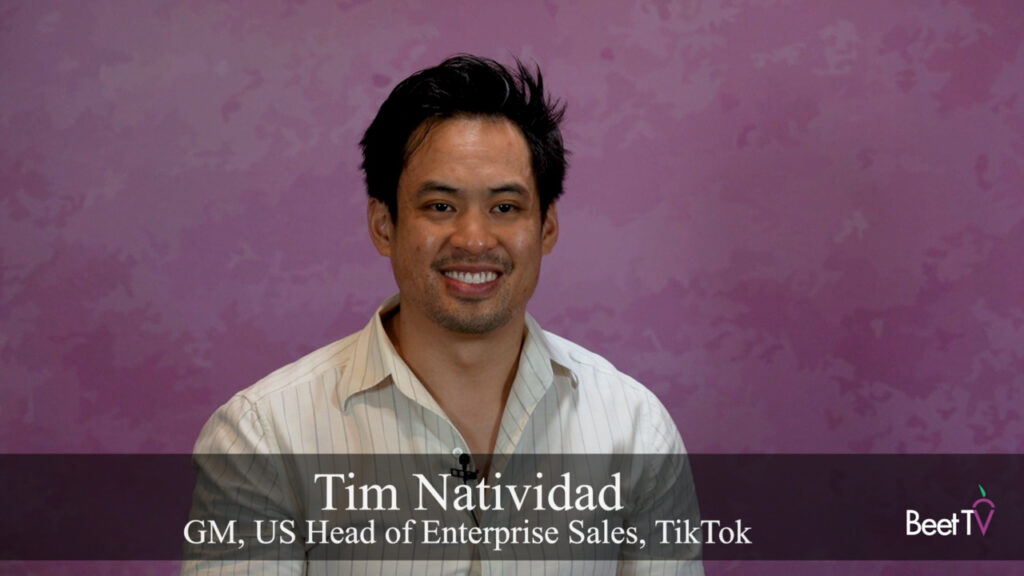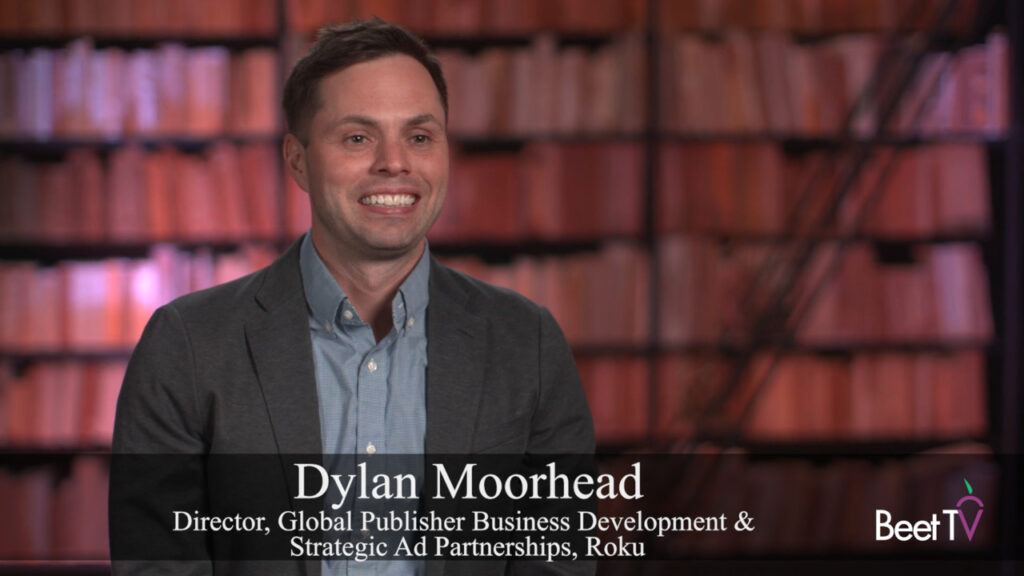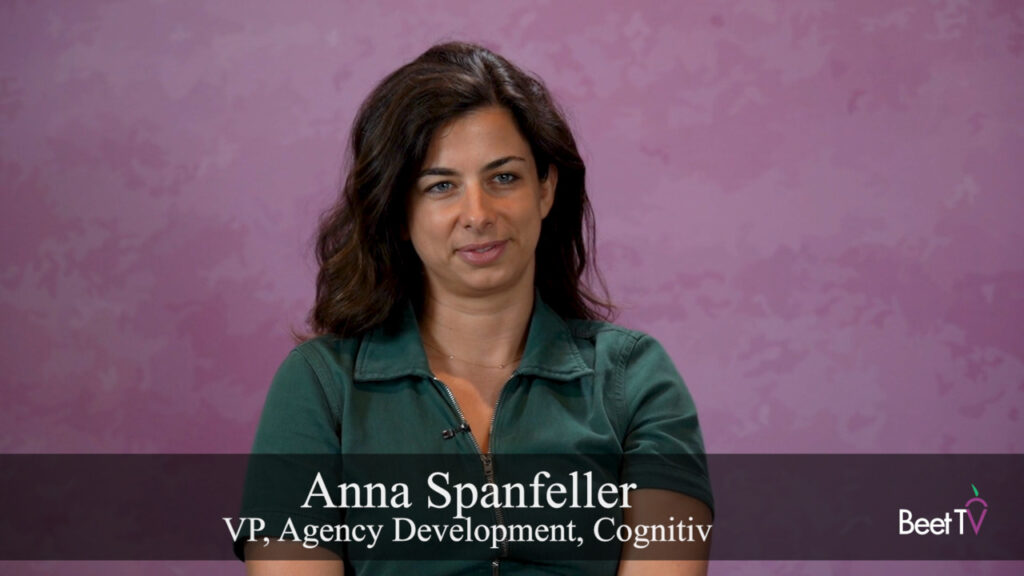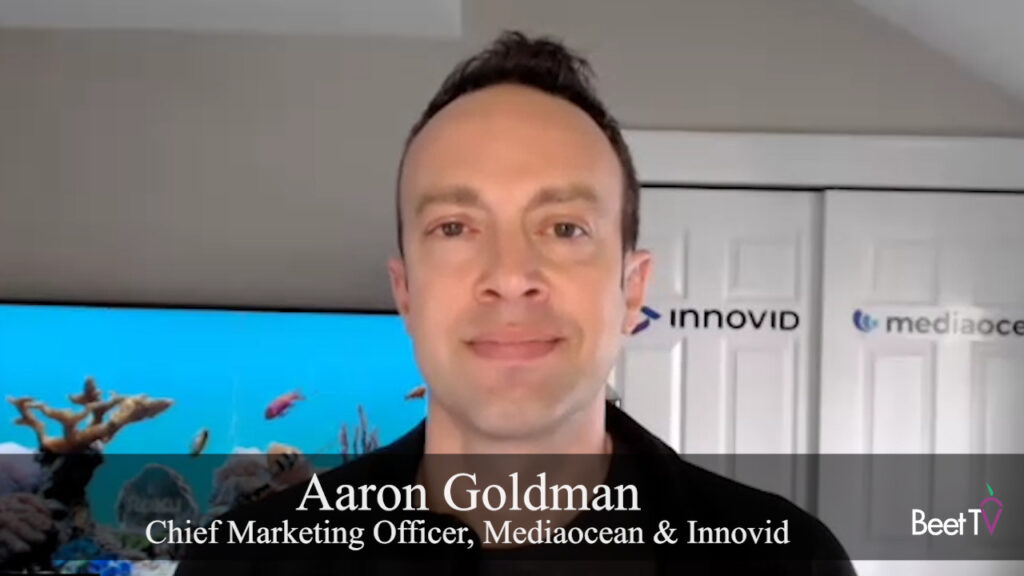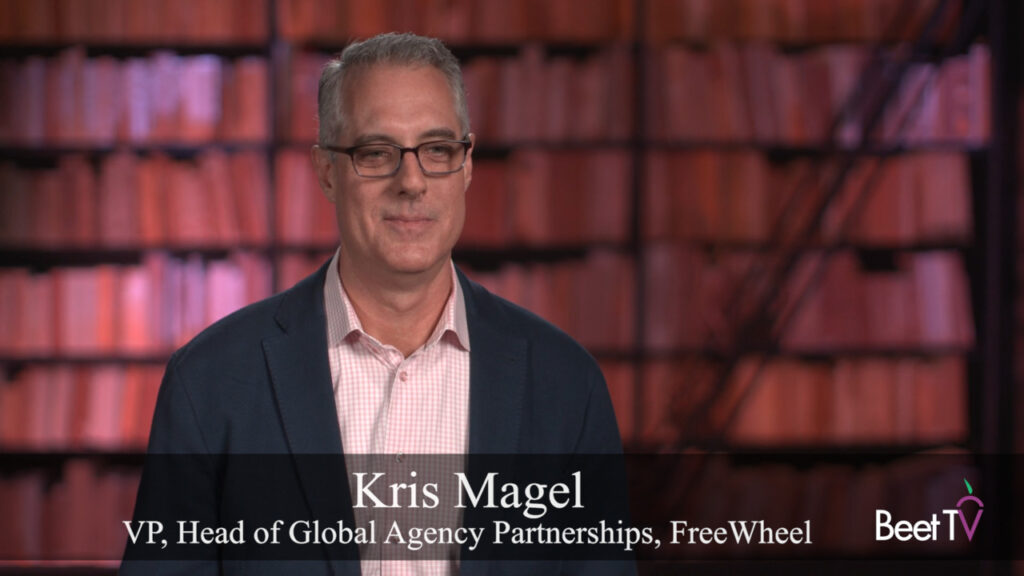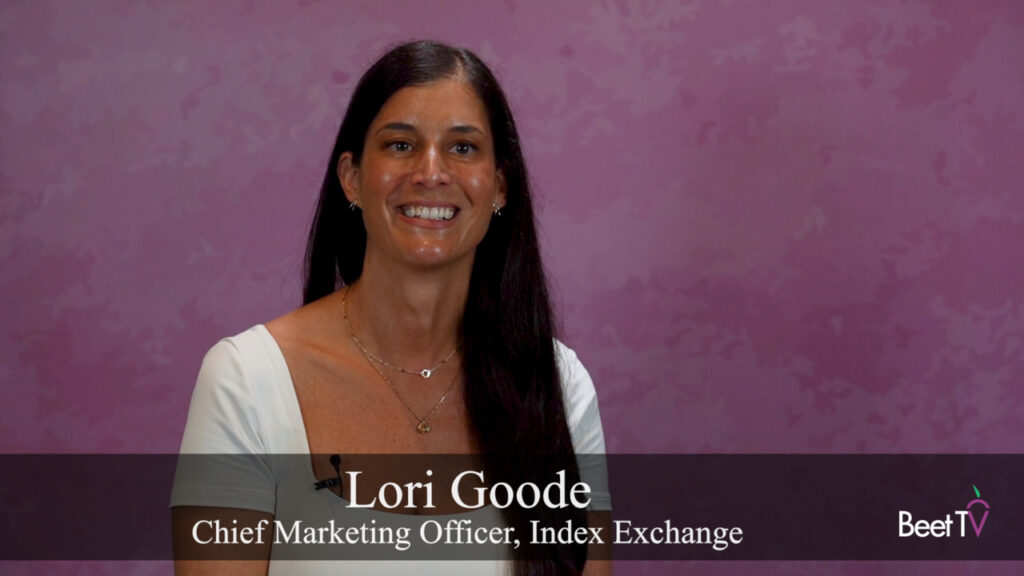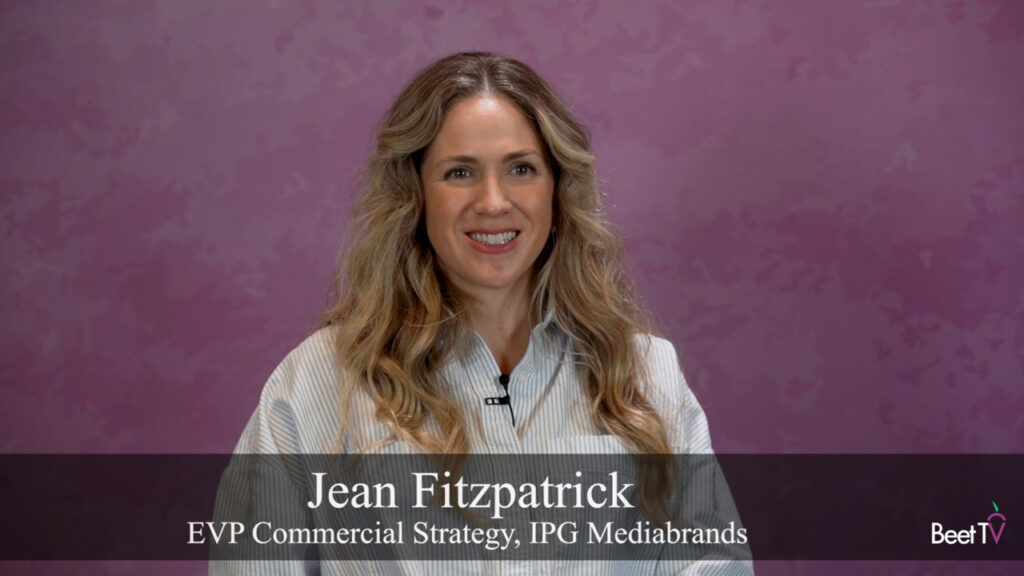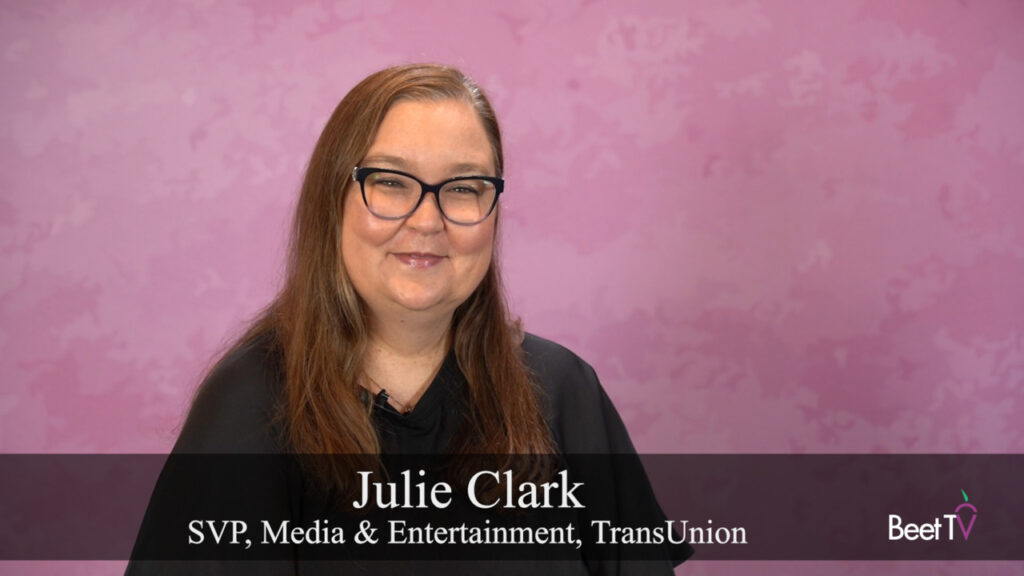Big tech platforms may have an arsenal of advertising tools at their disposal – but the evolving TV pathway has something unique up its sleeve.
That is according to Travis Scoles, SVP, Advanced Advertising, Paramount.
In this video interview with Beet.TV, Scholes opens up on the evolution of connected TV advertising’s capabilities.
Transparency as a Competitive Advantage
When asked about the big tech platforms, Scoles believes that television offers something different – transparency.
He says, “One of the things that I think is very powerful in television right now … is there’s a lot of transparency into what we can do, what we cannot do. And there’s a lot of transparency in how it all works kind of behind the scenes.
“The ability to answer those in a clear and open way is going to be a huge advantage for television.”
Going Global
The SVP also emphasises the importance of international collaboration, sharing, “just this past week I had the opportunity to meet with some international colleagues. There is a path forward, and while things might be different in the future, the speed of innovation gives me hope that not only will we be able to keep up, but we will be able to continue to improve our offerings over time.”
When asked about the impact of heavy regulations like GDPR on marketing, Scoles assures that it hasn’t upended marketing completely. “Do things work a little bit differently? Yes. Is there a lot of adoption in new technologies, clean rooms, things like that? Of course.
“A lot of the things that we’re doing right now here in the US are the same sort of things that I’m seeing play out in other markets to handle these types of regulation.”
The Challenge of Cross-Platform Measurement
Discussing the challenge of measuring TV viewers across platforms, Scoles admits, “Is it going to be complex? Of course. It’s already probably even been more complex than I think we’ve given it credit to.”
Looking ahead, Scoles sees the focus on identity management and data collaboration platforms as playing a significant role.
“I think that a lot of the work and where it’s going to be focused is really making sure that we’re taking advantage of the best data possible when we think about how we’re doing identity management and also that we’re doing so in a way that is more protected and privacy oriented than it ever has been before.”









